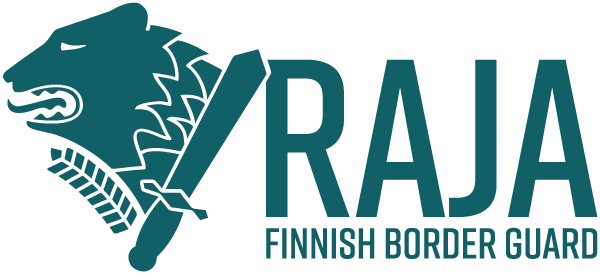The Act on the Protection of Persons Reporting Infringements of European Union and National Law (1171/2022, Whistleblower Act) entered into force on 1 January 2023. The Act implements the European Union Directive on the Protection of Whistleblowers. It aims to provide effective protection for whistleblowers who, in the course of their work, detect breaches of European or national laws, such as in public procurement, financial services, food safety or consumer protection.
Whisteblower channels
Only persons employed by the Finnish Border Guard have access to the internal whistleblowing channel of the Border Guard. Other persons, such as retired civil servants or those employed by partners, may submit a notification regarding the activities of the Finnish Border Guard that they have observed in their work and which falls within the scope of the Whistelblower Act to the central external whistleblowing channel of the Office of the Chancellor of Justice, from which it is forwarded to the Finnish Border Guard for processing. Information on the external whistleblowing channel can be found on the website of the Chancellor of Justice Office at
Whistleblower protection | Chancellor of Justice (oikeuskansleri.fi)
Notifications can be submitted to the external reporting channel by email or verbally, in addition to the electronic form on the website of the Chancellor of Justice. Contact details and instructions as well as the prerequisites for submitting a report can be found at
How to make a report? | Chancellor of Justice (oikeuskansleri.fi)
What types of abuses can be reported?
The Whistleblower Act applies to the protection of persons who report breaches of European Union legislation referred to in the Annex to the Whistleblowing Directive or its national implementations or other national legislation in the following areas:
- public procurement, with the exception of defence and security procurement;
- financial services, products and markets;
- prevention of money laundering and terrorist financing;
- product safety and compliance;
- road safety;
- environmental protection;
- radiation and nuclear safety;
- food and feed safety and animal health and welfare;
- public health within the meaning of Article 168 of the Treaty on the Functioning of the European Union;
- consumer protection;
- the protection of privacy and personal data and the security of network and information systems.
The Act applies to acts or omissions in the aforementioned matters that:
- are punishable;
- may be punishable by an administrative penalty; or
- may seriously jeopardise the achievement of the objectives in the general interest of the legislation.
Whistleblowers do not need to provide evidence to support the suspected abuse, but the reports must be made honestly and in good faith. Whistleblowers may be asked for additional information to clarify the report. Intentional, undue filing of a report is punishable under section 36 of the Whistleblower Act.
In addition, any person making a false report may be guilty of false reporting in accordance with Chapter 15, section 6 of the Criminal Code or disseminating information that violates private life in accordance with Chapter 24, section 8 of the Criminal Code.
A notification cannot be made anonymously to the external centralised reporting channel (section 19(4) of the Whistleblowing Act).

